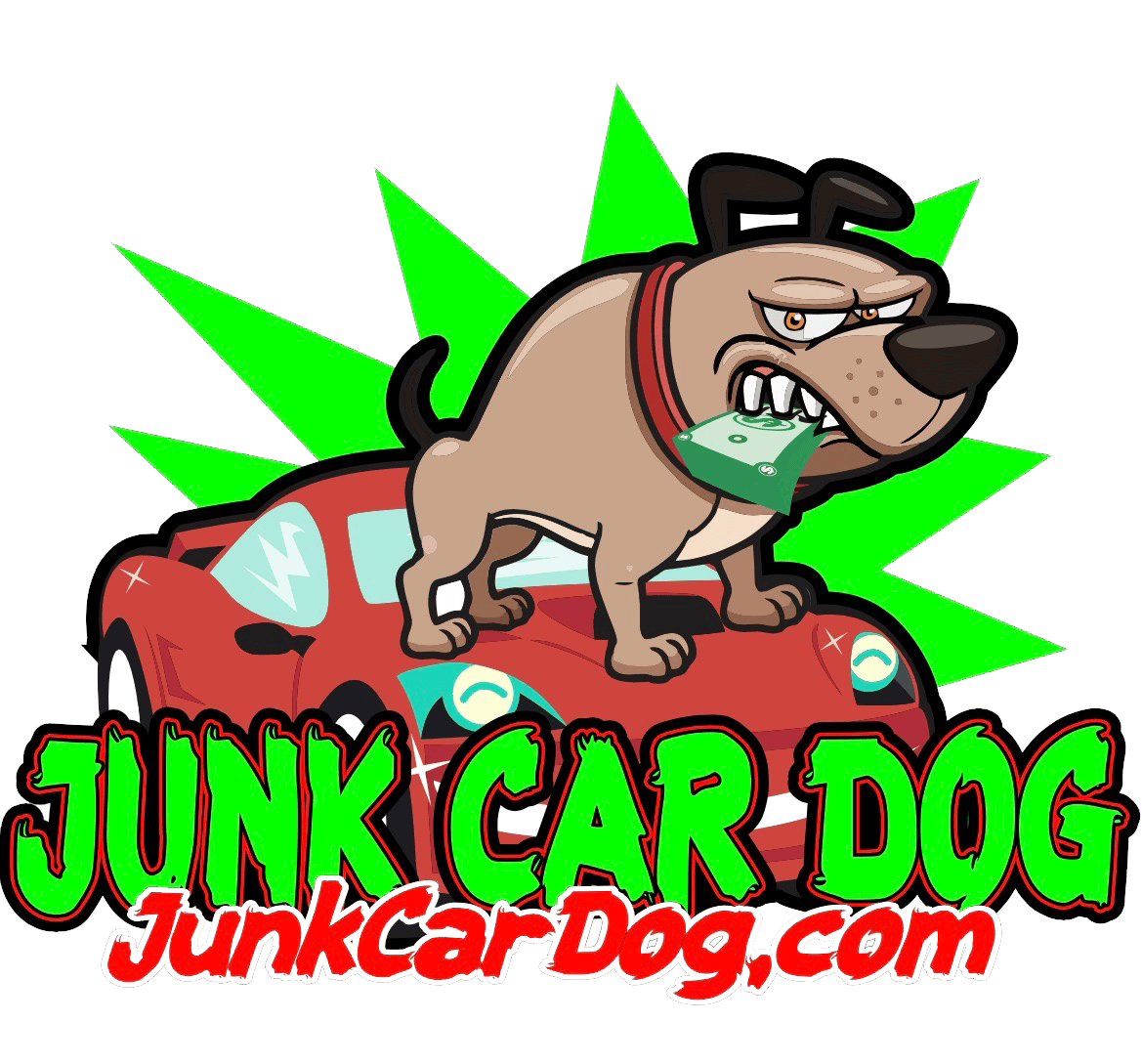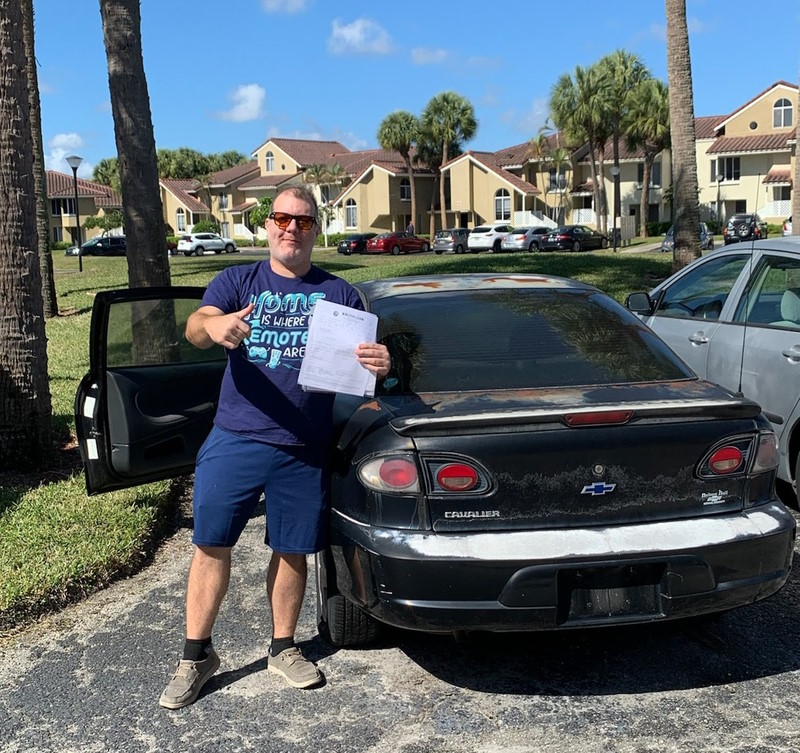There are several reasons why people consider selling junk cars. Some people are looking to make some quick cash, while others are clearing out space in their garage in preparation for a new, more fuel-efficient vehicle. But, unfortunately, it’s not easy to let go of a junk car, even though doing so poses risks.
A person’s first car purchase is likely to hold special significance. According to research, people have been shown to develop sentimental attachments to their vehicles. As a result, many car owners give their rides cute names and talk about them like old pals.
Some people have such strong emotional ties to their vehicles that they refuse to part with them even if they are in poor condition, need frequent repairs, or require extensive maintenance costs. However, even though it may be difficult, there are times when you must say goodbye to the car in which you have made so many memories.
For those who must say goodbye to their trusty automobile, here are some suggestions for handling the psychological fallout of the decision to scrap the vehicle.
Being Emotional is 100% Okay
It’s hard to let go of a cherished car. Realize that your emotions are typical and should be accepted as such. Letting one’s feelings out rather than bottling them up inside is preferable. Do whatever it takes to lighten your heart—talk to a friend, cry if needed.
Consider The Bright Side
Thinking about the bright side is another strategy for coping with emotional upheaval. It’s impractical to keep something forever. You can get quick cash, make extra room in your house, and relieve some of the stress of dealing with cars by junking an old one. Furthermore, it is harmful to the environment to keep a junk car. Leaks of fluids and the breakdown of tires can cause pollution of soil and water supplies. Most junkyards recycle usable parts from vehicles after they have been junked.
Get Behind the Wheel for The Last Time
You can go for one last spin if the car is still safe to drive. Spend time with your old buddy and see the sights. Get to know the city a bit. Put this in the category of things you did to add to your long list of great times.
Scrub It Down to The Studs
When it comes time to get rid of your old car, you can take your time and give it a good cleaning first. This may seem like a waste of time, but it will help you to move on.
Taking everything out of the vehicle and giving it a thorough cleaning inside and out is an excellent way to clear the decks for a new start. In addition, having nothing sentimental in your car can be a further emotional barrier-breaker.
Make Sure to Contact the Right Salvage Yard
When you leave your car with trustworthy service, you can concentrate on other things and relax. Getting fast money can be as simple as selling your old car to a reputable junkyard like Junk Car Dog. When you have such a strong emotional attachment to your car, it can be challenging to consider selling it for scrap.
Remove the Registration Plate
To what end would you take off the license plate? Is there any value to it? It can help you avoid a great deal of trouble. The vehicle’s license plate may be required when canceling the title at the local DMV office.
Call your state’s Department of Motor Vehicles (DMV) to get the details if you’re still confused. Despite the DMV’s requirements, removing the license plates is likely already something you’re doing, as many buyers will ask you to do so.
Cancel Your Car’s Insurance
You may have forgotten to cancel your junk car’s insurance policy in your haste to get paid for it. Thus, it is crucial to inform your agent of the situation regarding the junk car when trying to sell it.
Drop them a line to let them know you’re done with car insurance. In this way, you won’t have to keep shelling out money for a policy that’s no longer serving its original purpose.
Remove the Good Stuff
The ability to profitably resell usable components is a significant draw for those interested in purchasing junk cars. This category includes seats, alternators, stereos, batteries, and wheels. You technically can get more money for your junk car by dismantling it and selling the valuable parts separately.
While selling your car in pieces requires more work, you’ll get a much larger profit. So if you want to maximize your income, consider doing this. If not, consider just calling Junk Car Dog for a fast way to get top cash for junk cars in Southern Florida.
See How Much Your Junk Car Is Worth
Get a quote for your junk car before selling it, regardless of how many buyers may be interested. Typically, the buyer will inquire about the car’s age, make, model, and condition.
Look for Personal Stuff You May Have Missed
The last thing you need is to sell your car and remember you left your house keys, wallet, or credit cards in it. Scour the vehicle for any of your belongings to save yourself the trouble. Never assume there is nothing worth looking for; explore your car!
The Final Frontier: Scrapping and Salvaging
A vehicle goes through a line of increasingly destructive steps when being scrapped. The first step is to disassemble the vehicle. Next, the components are broken down into smaller pieces, which are then broken down further until they no longer resemble anything.
After being taken off the road, any vehicle, not just older ones, is subject to this process.
Once a car is scrapped, the first step is to disassemble it. Expert scrap dealers dismantle the vehicle in a large, noisy facility. This procedure may involve additional steps, depending on the vehicle’s condition.
Once the vehicle is dismantled, its components can be sold to various businesses. The term “chipping” describes this action. A “chipping machine,” essentially a large grinder, shreds the vehicle into tiny bits. This machine grinds down used auto parts to a more suitable recycling size. Chipping is the last step in dismantling a car because it reduces the vehicle to manageable chunks.
Scavenging car parts is the next step after scrapping a vehicle. A vehicle’s metal and non-metal components are separated here.
It used to be the case that junkyards that dismantled cars also crushed them on the spot. So all that was taken from the cars was the metal for recycling, and the rest ended up in a landfill.

